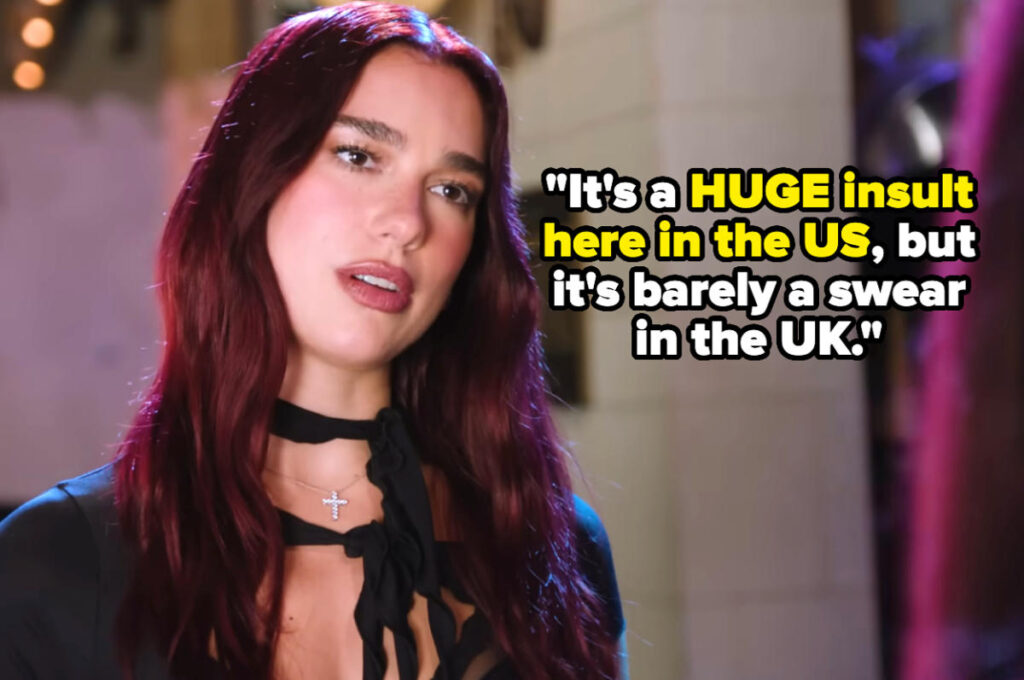Culture shocks are an integral part of the travel experience, often leading to humorous misunderstandings or uncomfortable situations. A recent inquiry on Reddit’s r/AskReddit prompted users to share cultural practices deemed taboo in their own countries that are perfectly acceptable in others. This engaging exchange provides a unique perspective on the nuances of cultural norms and highlights the diversity in societal values globally.
One of the unique examples comes from Alaska, where locals view the collection of road-kill moose as a fortuitous event. Being called from the phone registry signifies good luck, with onlookers often cheering for those retrieving the fresh meat from the roadside. This enthusiasm stands in stark contrast to similar situations in other states, where the disposal of a vehicle-struck deer follows a more bureaucratic process, complete with tags to avoid legal implications. This illustrates the acceptance and communal joy surrounding what might seem like an unfortunate incident elsewhere.
Cultural norms around social behaviors also vary significantly. For instance, in Māori culture, sitting on a desk or table is considered offensive, particularly where food is prepared, while in some parts of Germany, mowing the lawn on a Sunday is frowned upon. Similarly, the United States embodies a fast-paced social atmosphere where public transport etiquette dictates avoiding eye contact and conversation, a stark contrast to New York City’s more approachable demeanor. In Finland, personal space is paramount, with standing closer than six feet deemed invasive unless unavoidable. Such differences underscore the importance of context in social interactions.
Perceptions of friendship and affection manifest differently as well. In several Middle Eastern countries and parts of India, it’s commonplace for men to hold hands as a symbol of camaraderie and support, whereas this would be considered unusual in more conservative societies. The crossover between professional fields and areas of study also varies, as seen in the UK, where individuals often transition into careers unrelated to their academic qualifications, while in Portugal, such practices are perceived as unacceptable—highlighting varying expectations within the job market.
Food taboos further illustrate cultural contrasts. While horse meat is viewed with disgust in the United States, it is a common culinary choice in France. Interestingly, the casual nature of certain dietary choices might invoke horror in one culture but be an everyday norm in another. Similarly, practices regarding hospitality vary widely, with the British considering it almost a social crime not to offer a cup of tea to visitors, showcasing deep-rooted social etiquette that emphasizes warmth and welcome.
As societal norms evolve, discussions around nudity and children vary immensely. In many European nations, it’s common for children to enjoy free time without the restrictions of swimwear, whereas in the United States, this might attract unwarranted attention from authorities. Additionally, the act of foraging on private land is broad and accepted in various countries, while in the U.S., such behavior could lead to confrontations, including legal repercussions. These examples point to a broader understanding of how cultural contexts shape perceptions of behavior that, while potentially alarming in one setting, may carry no stigma in another.
In summary, the responses shared on Reddit reflect vast differences in cultural practices and societal expectations across the globe. From how individuals interact in public to dietary preferences and hospitality norms, these anecdotes contribute to a richer understanding of cultural identity. As globalization continues to foster interactions among diverse populations, it’s essential to acknowledge and appreciate these cultural variances to navigate social spaces respectfully and effectively during travel or intercultural exchanges.

